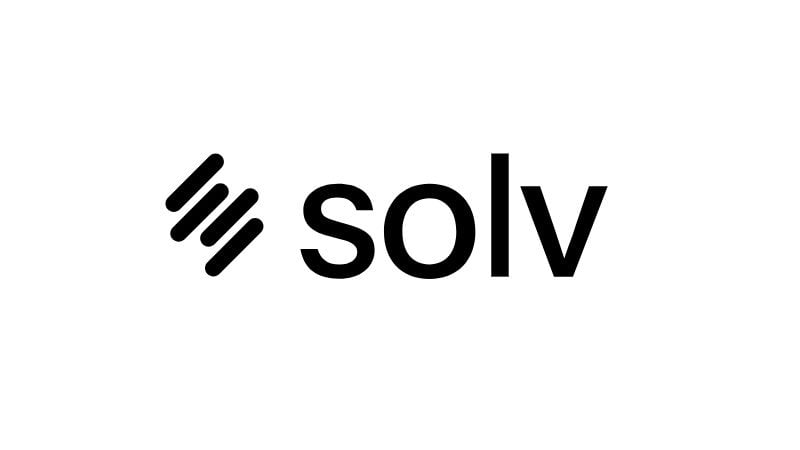- The tokenization of real-world assets on Web3 could unlock a $30 trillion opportunity.
- Major financial institutions like Franklin Templeton, Spiko Finance, and Hamilton Lane are adopting blockchain technology.
The tokenization of real-world assets (RWAs) is emerging as a $30 trillion opportunity for the Web3 sector. According to a recent tweet, Polygon’s Proof of Stake (PoS) blockchain is emerging as a key player in this transformation. With a growing number of financial institutions embracing on-chain technology, PoS is rapidly gaining traction in supporting on-chain adoption and bringing liquidity to the decentralized finance (DeFi) sector.
Tokenization of RWAs could be a $30T opportunity for web3, and Polygon PoS is positioned to support this ? of onchain adoption.
Some recent companies utilizing PoS (and bringing liquidity to the AggLayer):
⬆️ @FTI_US Franklin Templeton (a massive ?? investment manager)…
— Polygon | Aggregated (@0xPolygon) September 11, 2024
Prominent Institutions Leverage Polygon PoS
Leading institutions are now using Polygon PoS to tokenize RWAs and access new liquidity sources. Franklin Templeton, a renowned US investment manager, has started on-chain P2P transfers of RWAs, which indicates increasing trust in blockchain operations. This is a major advancement toward the achievement of better transparency, faster settlement, and more ease for investors.
In another development, Spiko Finance has recorded an impressive feat of hitting $65 million TVL on Ethereum and Polygon within two months. This success underscores the increasing focus on decentralized financial services and the continued demand for tokenized assets within the blockchain industry.
Top banks across the globe are also looking forward to adopting tokenization to improve their processes. Top Italian banks have launched €25 million digital bonds on Polygon Proof-of-Stake to showcase how blockchain can improve existing bond issuance and trading. Additionally, Hamilton Lane, an investment management company based in the U.S., has collaborated with Securitize to tokenize a $2.1 billion private equity fund on PoS.
The latest addition to this list of institutions is Germany’s KfW, a well-known development bank that launched a €150 million digital bond using Polygon PoS in a trial with the European Central Bank.
Polygon Facilitates Massive DEX Volume and Asset Addition
The ecosystem of Polygon has also shown a steady expansion in 2024, especially in the DEXs. Data from DeFiLlama reveals that Polygon has facilitated more than $214 billion in DEX volume, proving the platform’s capability to handle significant transactions. Furthermore, Polygon has added $102 billion in assets through major centralized exchanges such as Binance and Coinbase.
This high transaction volume shows that Polygon is still attracting more developers and users even with the emergence of other layer-2 solutions. The platform’s focus on Ethereum is a strong advantage as it offers a low-cost environment for decentralized applications (dapps).
Polygon (POL) has seen significant growth in 2024 despite remaining 85% below its all-time high of $0.00008845. Earlier this year, MATIC reached $0.00003592, but it is trading at $0.3769 at press time, marking a 2% rise in the past 24 hours. This surge in price coincides with ongoing upgrades within the Polygon network, indicating strong future potential for the asset.
Polygon made a significant move by upgrading MATIC to its new native token, POL, on a 1:1 basis. This technical upgrade is crucial to the future of Polygon as it serves as the native gas and staking token for the network. However, after the recent migration, POL has not experienced a significant price surge. According to Changelly’s analysis, MATIC may possibly hit $0. 4751 by September 2024.
Recommended for you:
No spam, no lies, only insights. You can unsubscribe at any time.



